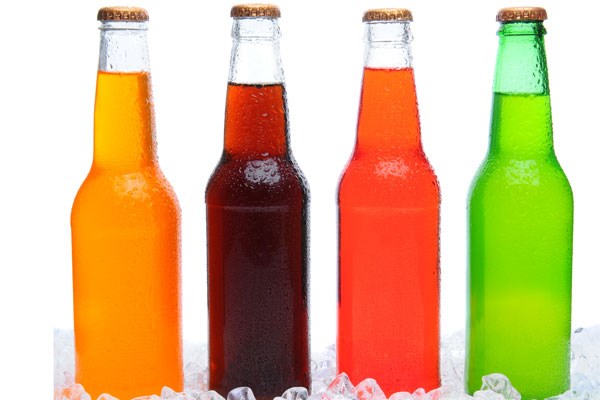How far should the nanny state go to mandate healthier lifestyles? After bringing the tobacco industry to its knees, will the purveyors of sweetened beverages be next on the hit list?
According to the Canadian Diabetes Association (CDA), in 2013, more than 400,000 people were diagnosed with diabetes in B.C. at a cost of $1.5 billion in health-care spending. Both those numbers are projected to increase over the next four years. As a result, the CDA is calling for a levy on sugary drinks. Dr. Jan Hux, chief scientific advisor for the association, told The Vancouver Sun that Mexico has seen a six-per-cent drop in consumption since it implemented a levy of 10 per cent on pop.
Last month, a Canadian Senate committee called for a soft-drink tax. Meanwhile, the Ontario Medical Association is lobbying for a tax on pop and fatty foods and in Berkley, Calif., a tariff of one cent per ounce has been imposed on pop, sports drinks, energy drinks and sweetened iced teas.
There appears to be strong evidence to support those initiatives. A study published in the journal Preventive Medicine concluded that “a modest tax on sugar-sweetened beverages could both raise significant revenues and improve public health by reducing obesity.”
Personal well-being has become a major focus in jurisdictions where publicly funded health-care budgets are being launched into the stratosphere by costs associated with debilitating diseases.
But the concern is that a tax on sugary drinks here in B.C. could be the thin edge of the wedge for a revenue-hungry government bent on protecting the public from designated risky foods. Is a sin tax on a double-double coffee next? What about all those salty, high-fat products weighing down supermarket shelves? And various recent studies have concluded eating red meat is the fast track to oblivion.
In Denmark, a levy on saturated fat was hailed as cutting-edge public health policy when it was introduced in October 2011. Fifteen months later, amidst a hailstorm of criticism, it was declared an economic and political disaster and summarily abandoned. According to the London-based Institute of Economic Affairs (IEA), the fat tax had a very limited impact on the consumption of so-called unhealthy foods. Eighty per cent of Danes switched to cheaper brands or flocked across the border to Germany and Sweden to shop.
The IEA says the failure of the fat tax provides an important lesson for policy makers who are considering health-related taxes because “the effect of such policies on calorie consumption and obesity is likely to be minimal.”



